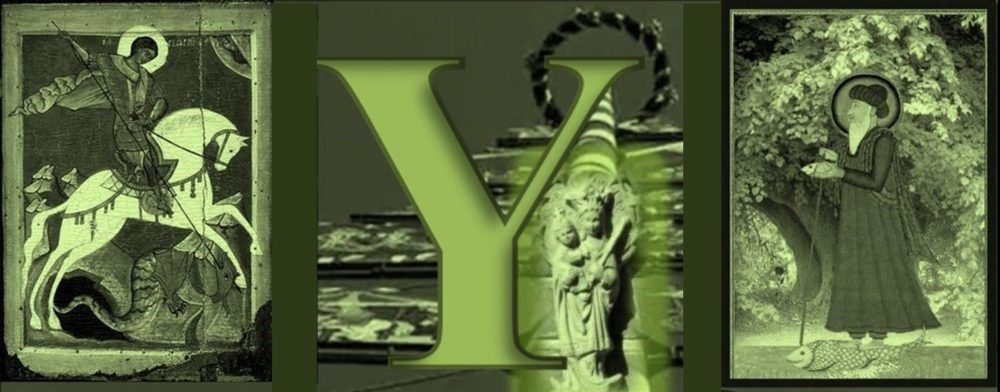A Disclosure of Wisdom Following the Reader of the Apocalypse of Angers
An apocalypse (Ancient Greek: ἀποκάλυψις apocálypsis, from ἀπό and καλύπτω meaning ‘un-covering’), translated literally from Greek, is a disclosure of knowledge, i.e., a lifting of the veil or revelation, although this sense did not enter English until the 14th century.[1] In religious contexts it is usually a disclosure of something hidden. In the Book of Revelation (Greek Ἀποκάλυψις Ἰωάννου, Apocalypsis Ioannou), the last book of the New Testament, the revelation which John receives is that of the ultimate victory of good over evil and the end of the present age, and that is the primary meaning of the term, one that dates to 1175.[1] Today, it is commonly used in reference to any prophetic revelation or so-called End Time scenario, or to the end of the world in general.

An epiphany (from the ancient Greek ἐπιφάνεια, epiphaneia, “manifestation, striking appearance”) is an experience of sudden and striking realization. Generally the term is used to describe scientific breakthrough, religious or philosophical discoveries, but it can apply in any situation in which an enlightening realization allows a problem or situation to be understood from a new and deeper perspective.
Maieutic concepts historically have their origin in Plato’s dialogues of Socrates.
In The Symposium, Socrates repeats the words of the priestess or wise woman Diotima of Mantinea who suggested that the soul is pregnant and wants to give birth, but the delivery requires assistance. Thus according to Plato, the role of the philosopher is to assist in this delivery, as would a midwife. From this dialogue comes the word “maieutics”, the “spiritual midwife.” to give birth to wisdom
In Theaetetus, Socrates is presented as a “spiritual midwife” and in Meno, by posing questions to a slave who never learned geometry, Socrates leads him to “remember” how a square is doubled.
The human crisis of our time is immense. To meet this crisis, we need real thinkers and doers. We need people who are able to be persistent in asking good questions and willing to do the work needed to follow through, with great persistence, in seeking answers. We do not want everyone to merely be robots who only know how to memorize and regurgitate the popular talk of the day. We cannot afford to have millions of citizens who are too uninspired, unable or unaware to continue working persistently for the sake of their own understanding. We need to cultivate sapient beings capable of leading their lives with excellent and original thoughtfulness. Such people create original new talk and new doings that help all humanity create a future worth living.
The art of living, not just for the Socratic method but as an art of all willful living, can be expressed as the art of asking and answering questions and then committing ourselves to live out the best of our understanding. In order to live well, there must be an art of living. Education that does not inspire and empower people to embrace the art of living is not fit for human consumption. The Socratic method of conversation, when properly conducted, strengthens that which is fundamental to all expressions of inquiry and creativity no matter what culture calls us her sons and daughters, no matter what historical time adorns us in the fabric of our living, no matter what purpose of questioning is pressing upon our hearts. The Socratic method is the king of exercises for keeping the beating heart of the human will to education alive and well.

Read here : A Disclosure of Wisdom
